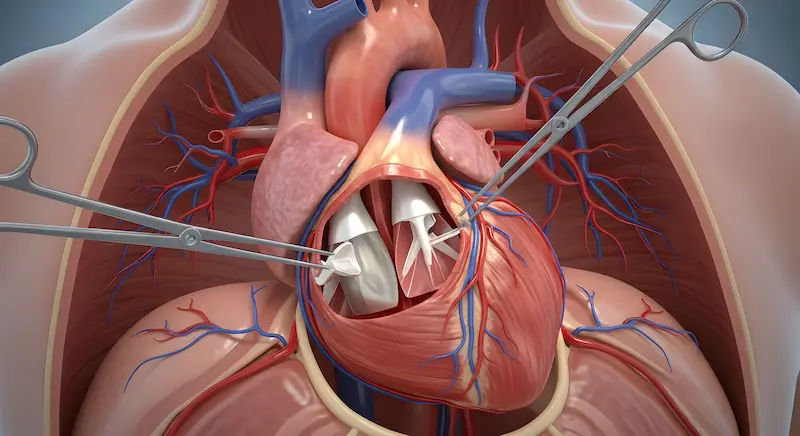- Male
- 20 Years
- 22/01/2025
I've been having chest and upper back pain for about 34 months now. I've done the ECG twice, and the results were normal, and my X-ray showed nothing unusual. But the pain keeps spreading more and more each day and can start or stop at any time. I don't have cough, fever, or vomiting or anything like that. What could be causing this, and what should I do about it?
More Cardiology Health Queries
View allI've been monitoring my blood pressure and it's usually around 13090 or 13787, which I'm not sure if that's high or normal. Do I need to be on any medication for this? At home, it's typically 13086, but at work, I've noticed it goes up to 14085 or sometimes even 14080. How can I keep my blood pressure at a healthy level? Should I be worried about these readings or is this something normal? Could you give me some advice on this?
it is normal
read more![Doctor 1]()
![Doctor 2]()
Answered by 1 Apollo Doctors
I'm feeling some pain in my left chest, right where the ribs are, just under the man breast. It gets more painful when I press that spot, but I don't have any issues with breathing. My cholesterol was borderline high in my recent health check-up, but my Echo 2D was normal about 20 days ago. The pain level is pretty low, like a 1 out of 10, but I'm just a bit worried about why it's happening. Should I be concerned? Any insights would be really helpful.
Normal, nothing to worry ok.
read more![Doctor 1]()
![Doctor 2]()
Answered by 1 Apollo Doctors
I'm really worried because my blood pressure has been super high for the last few hours, reading 197 over 111. I'm feeling a lot of discomfort and it's making me nervous. Could this be hypertension or something else I should be concerned about? What should I do right now?
High blood pressure with readings of 197111 is a cause for concern and may require immediate medical attention. You can take Amlodipine (brand name Norvasc) 10mg to help lower your blood pressure. It is important to consult a doctor for further evaluation and management.
read more![Doctor 1]()
![Doctor 2]()
Answered by 1 Apollo Doctors
Disclaimer: Answers on Apollo 247 are not intended to replace your doctor advice. Always seek help of a professional doctor in case of an medical emergency or ailment.






